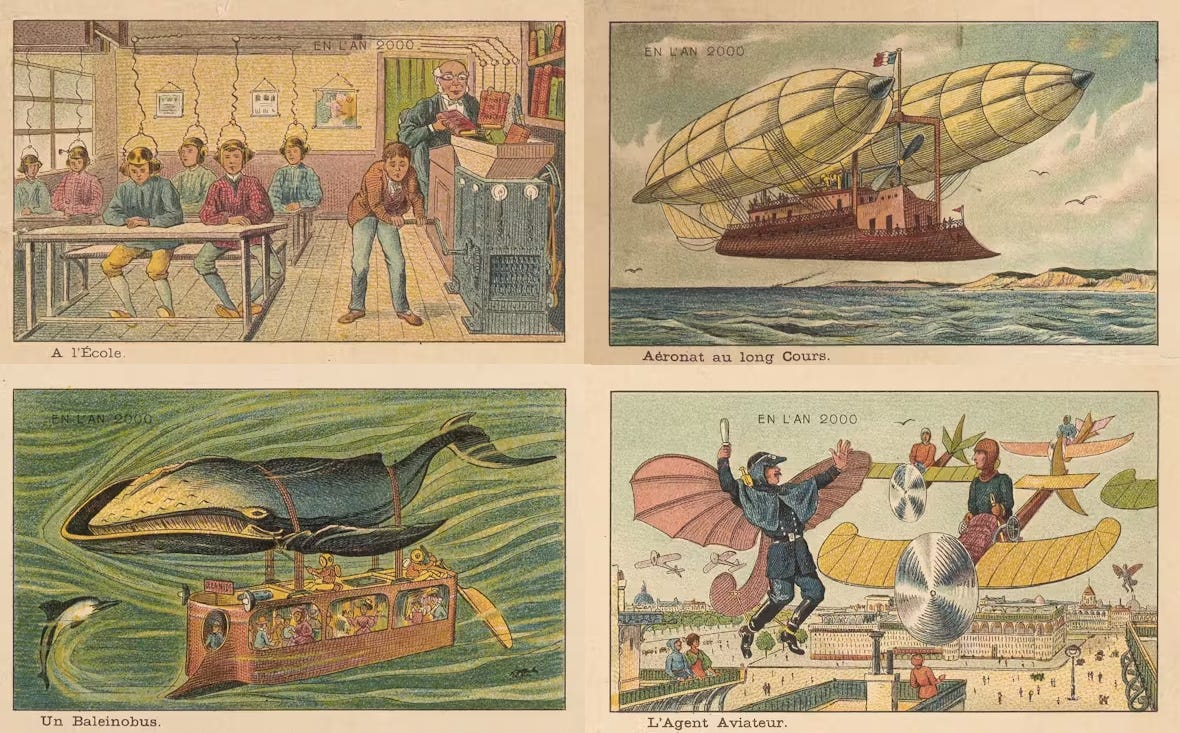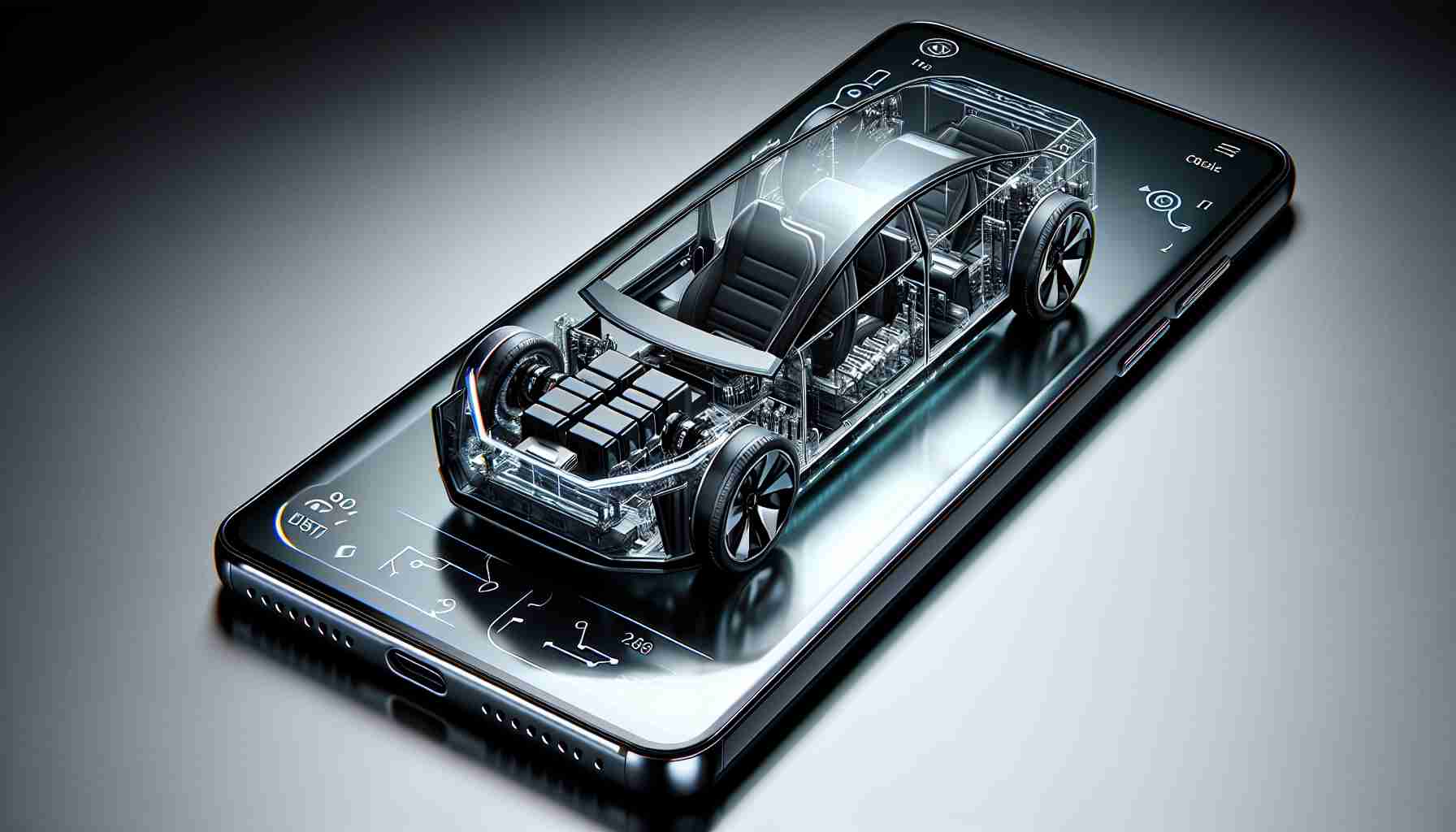- TECHSWU
- Posts
- TECHSWU
TECHSWU


South Korea’s National Intelligence Service (NIS) has raised concerns about the Chinese AI app DeepSeek, claiming it "excessively" collects personal data, even using unique keyboard input patterns that could identify users. The NIS alerted government agencies to implement security measures, citing that DeepSeek’s chat records can be transferred to Chinese servers.
This, along with the potential access by the Chinese government, has led some South Korean ministries to restrict the app, joining countries like Australia and Taiwan in their caution. Alarmingly, DeepSeek has reportedly provided conflicting answers about culturally contentious topics—such as the origin of kimchi—depending on the language used.
Concerns also extend to the app's evasion of politically sensitive issues, prompting it to redirect conversations. With data privacy hanging in the balance, the NIS emphasizes the critical need for vigilance against potential threats these tech tools pose.


In a world increasingly marred by "enshittification," a term coined by Cory Doctorow, Ars Technica dives into the troubling decline of online platforms and services. This article highlights offenders like smart TVs, which have transformed into invasive data-gathering devices, and Google, where the once-helpful Assistant has deteriorated into a frustrating experience riddled with AI-generated clutter.
The piece also critiques the demise of easily accessible sports coverage due to paywalls and the bloating of PDF functionality, as well as the pervasive, jargon-filled language dominating social media. As user experience deteriorates across the web, it’s clear that corporate greed and a lack of competition are chasing away the quality and simplicity we once cherished online.
Readers are invited to share their own experiences of enshittification, sparking a conversation on how we can reclaim our digital platforms.

In the ever-evolving world of smart home technology, some gadgets have shockingly gone from innovative to obsolete, leaving users with expensive paperweights. From Amazon's Echo Look, a failed fashion assistant, to the versatile Revolv smart hub, these ten devices were once deemed cutting-edge but ultimately fell victim to corporate neglect.
Manufactured debacles, like the demise of Lowe’s Iris platform, highlight the fragility of smart tech where support can vanish overnight, often leaving consumers in a lurch with no adequate compensation. Nest's acclaimed Dropcam and Secure systems also met their abrupt end, illustrating that even the giants can falter.
While many manufacturers offered refunds or discounts on replacements, the loss of functionality leaves a bitter taste for those who invested in these once-promising devices. Discover the full list and the stories behind these forgotten tech treasures, showcasing the unpredictable nature of the smart home landscape.

President Donald Trump's recent push to eliminate pennies from the U.S.
Mint has sparked debate, but it raises an intriguing dilemma: the potential need for more nickels. Currently, it costs over 3 cents to produce a penny, making it a financial burden, yet each nickel costs a staggering 13.
8 cents. Phasing out pennies could lead to an increased demand for nickels, countering any savings gained from stopping penny production.
Analysts suggest that if nickels are minted in higher quantities, taxpayers could face an additional cost of up to $78 million annually. Additionally, as society trends towards cashless transactions, the practicality of low-denomination coins continues to dwindle.
While other countries like Canada have ditched their lowest-value coins, the U.S.
would need Congress to authorize a similar move, complicating the process further. Ultimately, the penny's fate remains uncertain amidst these economic considerations.

In "Why ChatGPT Is a Balloon and the Book Is a Bicycle," Lincoln Michel explores the hype surrounding AI technologies like ChatGPT. He likens AI to hot-air balloons—fascinating but ultimately limited in their societal impact—while positioning traditional books as sturdy bicycles that continue to thrive despite technological trends.
The article critiques the stagnant discourse around generative AI, questioning whether it truly revolutionizes literature or merely serves as an overhyped tool for efficiency. Michel argues that while AI has potential benefits—like aiding research or generating ideas—it hasn't produced significant artistic innovations comparable to past technological breakthroughs.
He suggests that any future advancements may exist as niche applications rather than reshaping the core of literary culture. Ultimately, Michel urges readers to appreciate the enduring relevance of traditional storytelling, emphasizing that sometimes we just want a simple, familiar ride rather than a flashy balloon ride that doesn’t take us anywhere meaningful.

In a bold and unexpected move, tech titan Elon Musk has launched a hostile bid of $97.4 billion to seize control of OpenAI, igniting a dramatic showdown with CEO Sam Altman.
While Altman, currently attending an A.I.
summit in Paris, quickly dismissed Musk's offer with a cheeky comeback, the implications of this corporate duel are massive. Musk's motivations seem more about disrupting Altman’s plans than securing ownership of a nonprofit.
The situation complicates OpenAI’s ongoing $40 billion fundraising efforts and its potential shift to a for-profit model. With a board that includes figures like Bret Taylor, who previously faced off against Musk during his Twitter takeover, questions arise about the board's duties in balancing charitable goals with financial pressures.
As tensions heat up, this unfolding saga showcases the fierce rivalry between two of Silicon Valley’s most formidable players.

At Alexandra Hospital, a groundbreaking AI algorithm is revolutionizing knee replacement surgery, cutting operation times by nearly half! Developed by Dr. Glen Liau and two medical students, this innovative technology calculates the perfect positioning for knee implants in under a second, ensuring greater precision and efficiency.
With traditional methods taking around 15 minutes for planning, patients can now expect surgeries to last about 38 minutes, drastically reducing time under anesthesia and risk of infection. A study showed that 92% of surgeries utilizing the algorithm achieved remarkable accuracy, enhancing patient satisfaction with better alignment and reduced complications.
Victorious stories from patients like 73-year-old Wong Chee Meng, who recently trekked mountains post-surgery, highlight the algorithm's life-changing potential.

Tesla is poised to disrupt the smartphone market with an innovative device that seamlessly integrates with its existing ecosystem, from car controls to solar energy management. Expected features include an eco-friendly design, solar charging capabilities, and extended battery life, showcasing Tesla's commitment to sustainability.
By leveraging Starlink satellite connectivity, the phone promises robust communication, even in remote areas. This bold move could unsettle tech giants like Apple and Samsung, pushing for a new focus on cohesive technology solutions.
Imagine a smartphone that not only enhances daily life but anticipates your needs with advanced AI—all while promoting environmental responsibility. With this transformative step, Tesla aims to reshape consumer expectations and redefine how we interact with our devices, heralding a future where technology and sustainability go hand in hand.